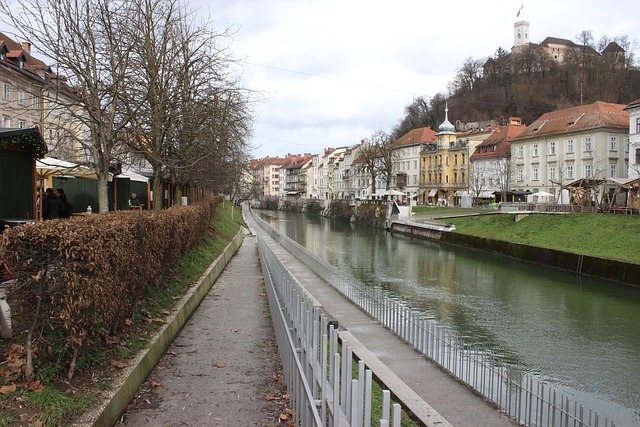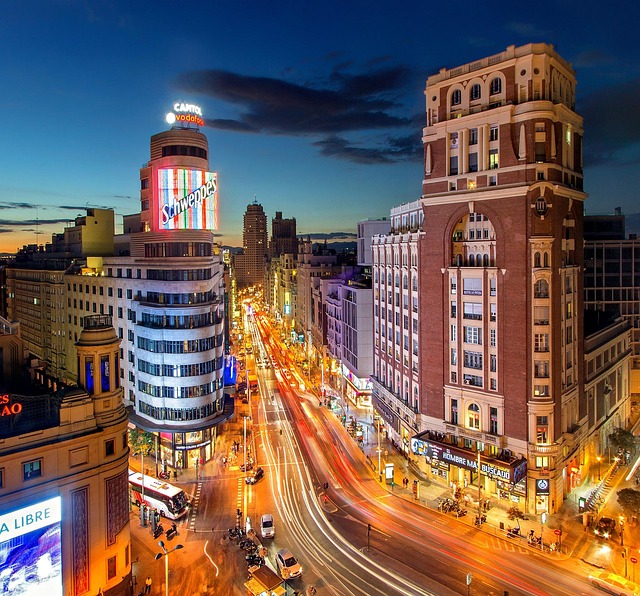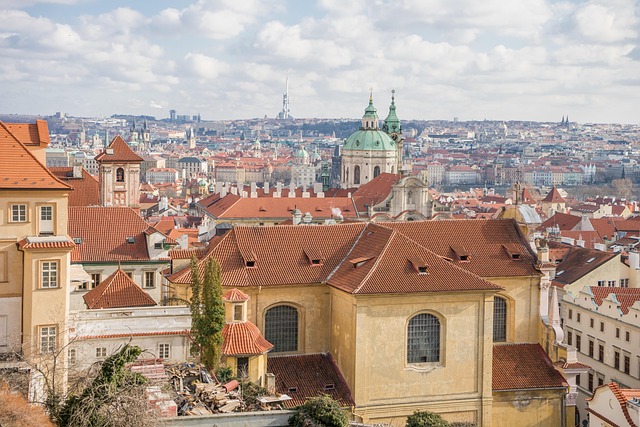Karachi, a bustling metropolis, struggles with deteriorating road conditions due to urbanization, heavy traffic, and lack of maintenance. Its complex road network suffers from potholes, poor drainage, and uneven surfaces, exacerbated by monsoon rainfall. To tackle these issues, Karachi needs a comprehensive approach involving regular road assessments, prompt repairs, smart city technologies, sustainable construction, and green initiatives like public-private partnerships. These strategies aim to transform the city's roads into safer and more efficient transportation arteries.
In the heart of Pakistan, Karachi’s road conditions present a complex web of challenges. This article delves into the intricate dynamics of road infrastructure within the city, exploring the causes behind deteriorating surfaces and congestion. We dissect the multifaceted issues unique to Karachi, from heavy traffic loads to inadequate maintenance. Additionally, we propose sustainable strategies to enhance and preserve road networks, offering insights into transforming Karachi’s transportation landscape. By understanding these problems, we can pave the way for a smoother, more efficient future for the bustling metropolis of Karachi.
- Understanding Road Conditions in Karachi: Challenges and Causes
- Strategies for Improving and Maintaining Road Infrastructure in the City of Karachi
Understanding Road Conditions in Karachi: Challenges and Causes

Karachi, as a bustling metropolis, faces unique challenges when it comes to road conditions. The city’s intricate network of roads is constantly evolving, influenced by rapid urbanization and increasing traffic congestion. One of the primary issues is the lack of proper maintenance, leading to potholes, uneven surfaces, and poor drainage systems. Heavy rainfall during the monsoons exacerbates these problems, causing significant damage to already stressed infrastructure.
The causes are multifaceted: aging road networks, rapid population growth, and inadequate urban planning. The constant flow of vehicles, construction activities, and lack of timely repairs contribute to the deteriorating state of roads in Karachi. Addressing these challenges requires a comprehensive approach, including regular maintenance programs, efficient traffic management strategies, and long-term urban development plans tailored to the city’s unique characteristics.
Strategies for Improving and Maintaining Road Infrastructure in the City of Karachi

The city of Karachi, with its bustling streets and towering skyscrapers, faces a significant challenge in maintaining optimal road conditions. To ensure smooth transportation and safety for its residents, implementing strategic initiatives is paramount. One key approach involves regular road assessments and prompt repair works to address potholes and damage caused by heavy traffic and extreme weather conditions. The use of advanced technologies like drones for inspection can significantly enhance efficiency. Additionally, adopting smart city solutions allows real-time monitoring of road conditions, enabling quick response times to emerging issues.
Green initiatives also play a crucial role in Karachi’s road infrastructure. Incorporating sustainable materials in road construction not only reduces environmental impact but also improves durability. Promoting public-private partnerships can mobilize resources for large-scale projects, enhancing the city’s overall road network. Furthermore, community involvement through awareness campaigns encourages responsible behavior, such as avoiding littering and illegal parking, contributing to better road maintenance. These combined efforts will undoubtedly transform Karachi’s roads into safer, more efficient transportation arteries.
The road conditions in Karachi, often characterized by potholes, congestion, and poor maintenance, are a significant challenge facing the city. However, with a comprehensive understanding of the root causes, from rapid urbanization to inadequate funding, we can implement effective strategies. By prioritizing infrastructure development, adopting innovative solutions like smart transportation systems, and fostering public-private partnerships, Karachi can strive for safer, smoother, and more efficient road networks that cater to its vibrant population. Through collective efforts, the city can transform its roads into a symbol of progress and connectivity, enhancing the quality of life for all its residents.
